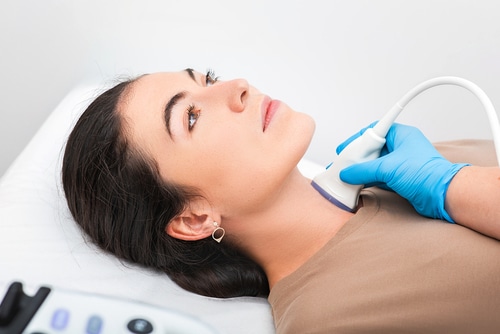
When someone has Graves disease, their body produces too much thyroid hormone, causing the metabolism to speed up. This can lead to several problematic symptoms, including weight loss, anxiety, irritability, and difficulty sleeping. In some cases, Graves disease can also cause bulging eyes (known as exophthalmos), which can be bothersome for some. Dr. Daniel S. Tresley is a board-certified ophthalmologist in Northbrook, IL, who can assist patients struggling with this condition and its noticeable effects.
Exophthalmos occurs when the muscles and tissues around the eye are affected by the overactivity of the thyroid gland. This results in the forward protrusion of the eyes and can often be accompanied by bulging, reddened eyelids.
While exophthalmos itself is not painful, it can be unsightly and uncomfortable. In severe cases, it can cause vision problems. Additionally, exophthalmos can make people more susceptible to eye infections and other issues.
Treatments for exophthalmos associated with Graves disease
There is currently no cure for Graves disease, but there are treatments that can help to control the symptoms, including exophthalmos. In some cases, exophthalmos can improve on its own without any treatment. However, if exophthalmos is severe or causing vision problems, treatment may be necessary. Treatment options for exophthalmos include eye drop therapy, steroid injections, and surgery to reposition the eyeball. Our provider will evaluate your condition and recommend treatment based on the severity of your exophthalmos and how long it has been present. Patients treating Graves disease with other therapies may notice a reduction in the protrusion of the eyes.
Seek treatment with Dr. Daniel S. Tresley
If you think you may have Graves disease or exophthalmos, it is important to see a board-certified ophthalmologist for a proper diagnosis. Most people with Graves disease can lead normal, healthy lives with treatment. If you live in Northbrook, IL, and want to speak to our provider about Graves disease and specific vision concerns associated with it, connect with our team by calling 847-773-0679.

